Marc Shaiman is a renowned American composer, lyricist, and arranger, best known for his work in film, theater, and television. Having composed scores for hit movies like Hairspray and Mary Poppins Returns, he has won multiple awards, including Grammy, Emmy, and Tony Awards. We were lucky enough to catch up with Marc recently to discuss his musical journey, his quest for an Oscar, his dream project come true, and more.
Marc Shaiman sheet music
Interview with Marc Shaiman
Sheet Music ("S"): Firstly, what was your first experience of music as a child?
Marc ("M"): Well, there was a piano in my house. And I've only been told this legend a few years ago, but my sister was taking piano lessons (her piano teacher was named Miss Andrews) and when she'd finished with my sister my mother asked if she wanted to come upstairs and have a cup of coffee. So they were upstairs in the kitchen and heard the piano being played, but they had heard my sister go outside, so they're like, "What?!" So they looked downstairs and there I was, playing it by ear. So they immediately started me on lessons, even though I was much younger than the piano teacher said was the norm. And from then on I was just playing piano all the time. I remember "Ob-La-Di, Ob-La-Da" was my big, "Watch me play this" song. My little finger version. And then I would just write little things for my cat walking across the room.
Then at my elementary school they had no music program. Nothing. I don't think there was a piano in a room or anything. But I remember when I got to sixth grade, I had this melodica which my parents had bought me. So I brought it into school in my desperate attempt to show off, like, "Look, I play piano!" But no one really cared. But then once I got into junior high, in seventh grade there, they had music programs and a music teacher and chorus and band. And so everything blew up in my head. I had all this opportunity. And at the same time I auditioned to play piano in my township. These two ladies created a summer theater workshop to put on musicals, because once again, my township didn't put on musicals in the high schools. It sounds like I lived in the land of Footloose, like all music was forbidden! But it wasn't, they just weren't doing a great job. So I auditioned for that, and it was, ironically, The Sound of Music. So I asked if I could audition to play piano for that, and the lady said, "There's the piano, kid. Play!" So I went and played, and when I finished I turned around and everyone was just quietly staring at me, because I was basically a pimple on two legs, but I could really play with all this show business in me. And from that moment on it was just all music, all the time.
S: That's fascinating. And who were your musical inspirations growing up, would you say?
M: I think growing up it was TV themes and cartoons, mainly. Then Mary Poppins of course. That Mary Poppins soundtrack was everything! I was like, four years old when that movie came out. And it's all I would listen to. And I learned everything I ever knew about songwriting and orchestration from listening to those songs and those orchestrations. And then in my teenage years, Bette Midler came on the scene. She had her first big hit with "Boogie Woogie Bugle Boy." I was like, "Oh my God, this is incredible!" And I got her first two records, which were unbelievable. Not only her performing, but Barry Manilow was her musical director/arranger, and the arrangements were incredible. So I went from Mary Poppins to Bette Midler. And you know, five years ago Bette Midler sang the song that we wrote for the sequel to Mary Poppins at the Oscars. I didn't even realize it that night, but at my 60th birthday, a few months after that, I brought up Bette, who was going to do something, and I kind of realized, "Oh my God, I can't believe that happened!"
That Mary Poppins soundtrack was everything! I learned everything I ever knew about songwriting and orchestration from listening to those songs and those orchestrations."
S: Incredible! And if you can remember, what was the first piece of music you ever wrote?
M: It was my cat walking across the room. So, you know, simple C, F and G, and then, oh, she's stalking something outside. I would tell a whole little story. It was a simplistic three chords and a chromatic scale up, but that was it. And then when I was a teenager I still remember this one melody I wrote. Very kind of King Arthur, very British. But I never forget it, and I've always tried to figure out how I could get it into some movie or something. And then I was doing musical theater, so I was diving heavily into existing material. But learning deeply from those piano/vocal scores you'd get when musicals were released. I would love to see exactly what I was hearing on those cast albums. And that was like my university, because I didn't go to university. I moved to New York when I was 16.
S: So, you did some work on the latest series of Only Murders in the Building, and the song "Which of the Pickwick Triplets Did It?" has been really popular on Sheet Music Direct. I believe that was co-written with some our recent interviewees, Pasek and Paul. How did that collaboration come about?
M: Well, they have a friend who was on the writing staff, and I think they'd said "If you ever need anything musical-wise, call us." And then sure enough, she called, I think like two weeks later and said, "You're not going to believe this, but next year's whole season is about them putting on a musical." So they got the gig. Now, Scott (Wittman) and I are really close friends with Martin Short, so we couldn't believe that he didn't get us the gig. But anyway, Pasek & Paul got the gig, but as they are such cool and altruistic guys, they decided this would be more fun for them. They're probably also so busy because they're the kings of show business that they decided, you know, let's ask our contemporaries to each join us on one of these songs, and it will just make it more fun and a new experience. That's something I never would have done. I'd have been like, "No, it's all mine! Haha!" But that shows the difference between them and me.
So they called Scott and I and said, "Would you want to write this song? They want it to be a real tongue-twister for Steve Martin". And we were like, "Sure!" Meanwhile, I was like, "How can four people write lyrics?" Because it would be Scott and I and Pasek and Paul writing lyrics together. So it was the four of us writing lyrics and we wrote the lyrics first. We kind of knew the rhythm it was going to be. I think Justin first sat down and started playing it. And then we got together two or maybe three times and it was just so much fun. And it was just like Scott and I writing, but with two others, and we were all just throwing out words and, and whichever made one of us laugh the most, or had the most alliteration, or whichever was the just the best always won. There was no ego about it. We just had the best time. And if you look at all those lyrics, you can imagine it did take four people to write them all. It was just great. And then Steve Martin is phenomenal. I think he said in an article in the New York Times, "It was a joy to perform it, and it was a joy to be finished with it!" — it kind of took over his life.
S: That's a cool story how it came about. So, you're just an Academy Award short of EGOT status, I believe. Is that a particular goal of yours?
M: Thanks for bringing that up! I mean, sure, it would have been nice. I don't see it happening now. I think my movie career has peaked. If I didn't get it for Mary Poppins Returns, I don't see that train coming back into the station.
S: You never know.
M: Yeah, you never know. I keep telling Diane Warren we should write a song together. I've lost seven times, I think she's lost 14 times. So I keep saying, "Let's write something together." Maybe between the two of us, with the amount of pity we'd get…
S: The curse will be lifted?!
M: Yeah. But I do remind myself of all the quite brilliant people who have worked in the movie business who never won an Oscar, and some of them never even nominated, you know, people like Cary Grant for one. So seven Oscar nominations is nothing to be ashamed of. I can live with it.
I do remind myself of all the quite brilliant people who have worked in the movie business who never won an Oscar, and some of them never even nominated. So seven Oscar nominations is nothing to be ashamed of."
S: Absolutely. Now you've obviously been involved in some hugely successful projects on stage and screen. If you put commercial success to one side, is there a specific project you're particularly proud of?
M: Oh, that's easy - Hairspray. Not only because it was the most successful thing that I actually co-created. But if you look at the successful movies that I've worked on, I can't really say my work on them was what made them so successful or iconic. Maybe I played a small part, but I was part of a team - I come in at the end and the movie is there, you know? But Hairspray was something that Scott and I and our collaborators, you know, created from John Waters' film. We really created that musical, and it's so joyous and wonderful, and it says everything that I would want to say to the world. The idea that on my obituary it would say Hairspray first, I'm totally satisfied with that. That musical is who I want to be.
The idea that on my obituary it would say Hairspray first, I'm totally satisfied with that. That musical is who I want to be."
S: And do you have a dream project at all? Something you'd love to work on, if you could pick anything.
M: Well, I would say I've already done it - Mary Poppins Returns. I mean, just the idea that they made a sequel to Mary Poppins, and I got the gig. And if I hadn't got the gig, you'd be talking to a corpse, because I don't know what I would have done! It was a dark few months and weeks waiting to hear, because there were a few teams up for it. That really was a dream come true. But along with it came a little nightmare. The fact that we knew that we were going to be compared to the most brilliant song score ever! And then the fact that Lin-Manuel Miranda was cast as the lead. So we not only had the Sherman Brothers songs to compete with, but we'd have people saying "Why didn't Lin get to write it?" So I had this weight on my shoulders as I went to the piano. I could barely reach the keys! But then again, we got two Oscar nominations, so that was nice. But that whole movie is about re-embracing what you loved as a child and trying to find that pure joy that you had from the original movie. It was like a love letter to the first movie. So that was certainly the dream project.
S: Fantastic. And are there any particular artists or composers that you're enjoying either listening to or playing at the moment?
M: That's the one bizarre thing about working so much. I call myself the world's busiest has-been! Once I get in the car, I don't listen to as much new stuff as I should. That's another bad thing about satellite radio. I can just focus on channels that are going to play things that I already know and love. However, I did hear a song recently that blew my mind - "Two Shades of Hope" by Foy Vance. It literally stopped me in my tracks.
S: Awesome, we'll check it out. And can you tell us what you're working on next that we can look forward to?
M: We just finished a workshop of a Broadway version of Smash, the TV show that I and Scott worked on 12 years ago, which I understand seems to be more popular in England than it was in America. So two writers came along who were trying to figure out how we could put on the Marilyn Monroe musical that the characters on Smash were writing. The TV show was about people writing a musical, but the songs that we wrote were as much about the characters on Smash as they were about Marilyn Monroe. We would try every week to figure out a moment in Marilyn Monroe's life that mirrored what was happening with the characters on the show, so that the song kind of spoke to both stories. It really wasn't something that could become a musical on its own, not to mention we were writing throat-bursting showstoppers every week. If one woman were to try to sing all those songs in one night, she, like Marilyn Monroe, would die at the end! So along came these two writers, Rick Ellis and Bob Martin, who have written a lot of Broadway musicals and plays, and they just had a humorous take on the same idea as the TV show - people trying to put on a musical. But what they've added is humor. It's really a comedy. As a matter of fact, it's subtitled "A Comedy About a Musical."
So, we just did a workshop and I'm the most pessimistic man on earth, but knocking wood, it went really, really well. So anything could still happen. I mean, I just finished Some Like It Hot which was what seemed like a smash-hit on Broadway. Tremendous reviews. We were the most-awarded show of the season, and yet we closed after a year because people are just not buying tickets unless it's like a jukebox musical. Songs that they know. The same thing I'm guilty of when I'm in my car. So that was devastating to have a show close that seemed like, "We have a big hit again." It took 20 years after Hairspray to have a show that got that kind of reaction and yet we just couldn't make it last. So who knows what might happen with Smash. But that workshop, the one week that we did performances of it, went really well.
S: Well, we'll keep our fingers crossed about that. And then one last question. Do you have any advice for aspiring composer songwriters that you can share?
M: Run! Haha. You don't want to ask me that question. I'm the worst mentor in the world. All I want to do is say it's horrible! The only advice I can ever really give is to just keep doing it. That's what I did when I moved to New York. I got what's called the GED - the general equivalency diploma, or as my friends called it, the "good enough diploma!" I got my high school diploma by taking a test. And the day I turned 16, I left school, and moved to New York shortly after. I met some people one day in New York who were putting on a show and then it was a fairytale. And that's the other reason why I'm bad at advice, because everything that happened to me, that gave me my life and my career, all happened out of, like, fairy dust. So that's why the advice is just show up, do everything. Don't say no to anything. You never, ever know. Because that happened to me over and over again. You never know. There's someone in the back of that bar listening to you play in a piano bar. That started my life, and I have so many examples of that. So just show up.
S: That's great advice! Thank you so much for your time, Marc. We wish you all the best, and we'll be rooting for you to get that Academy Award.
M: Nice to talk to you. Thanks.


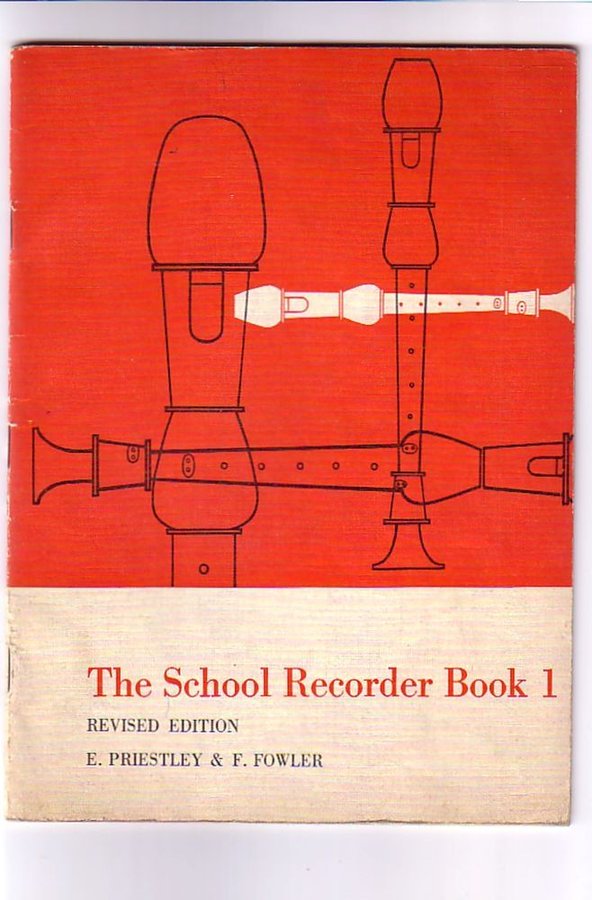


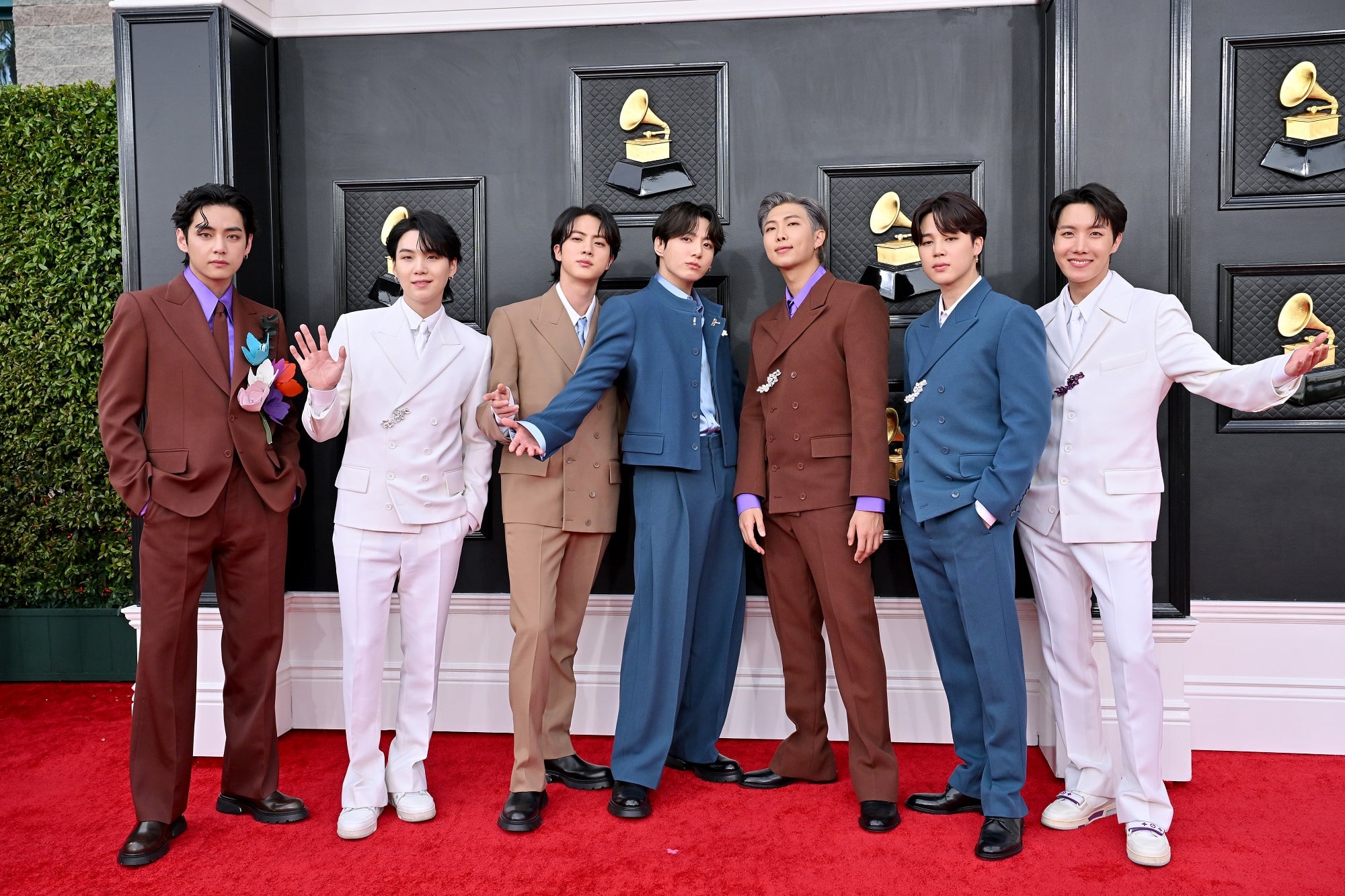
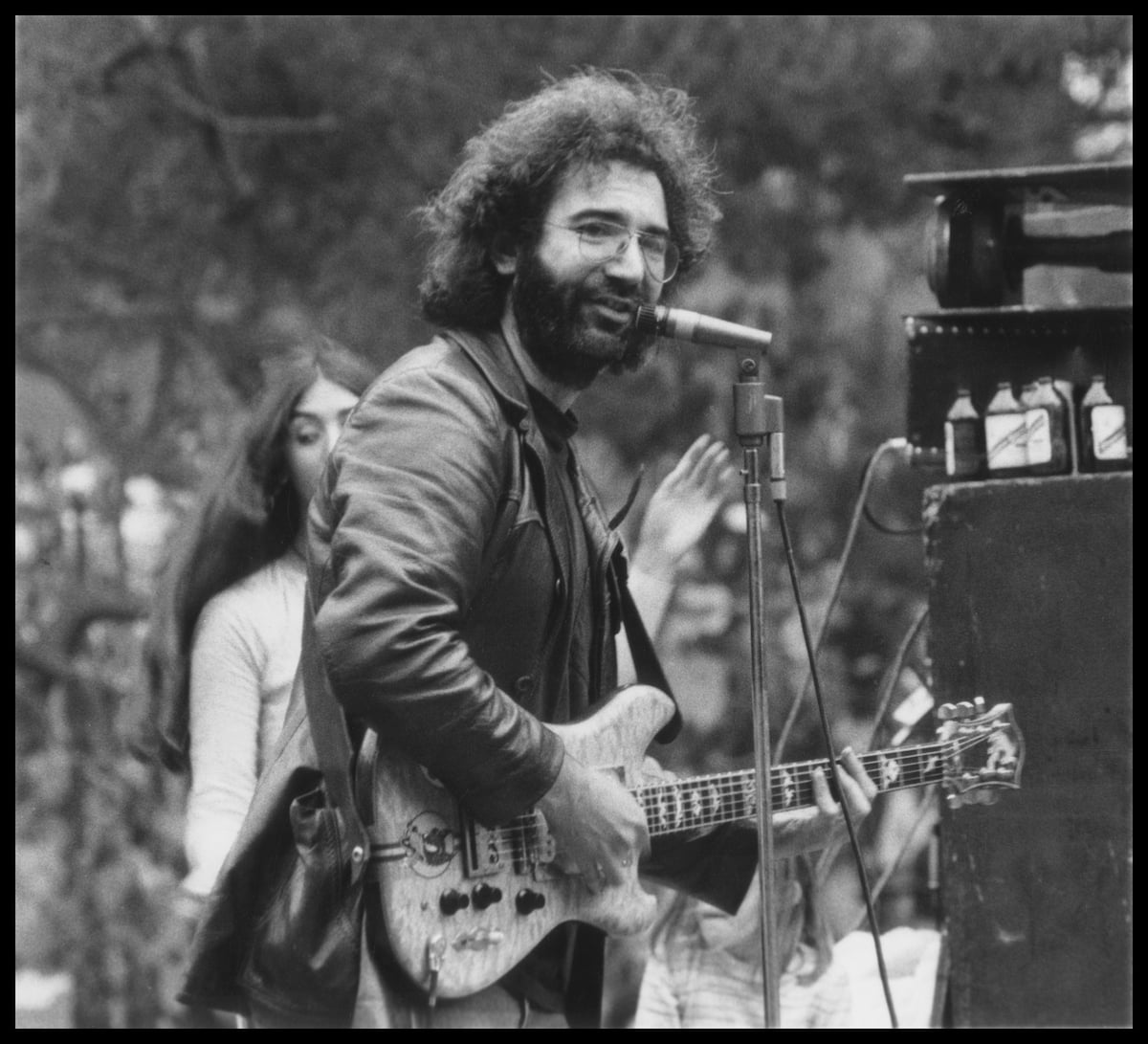
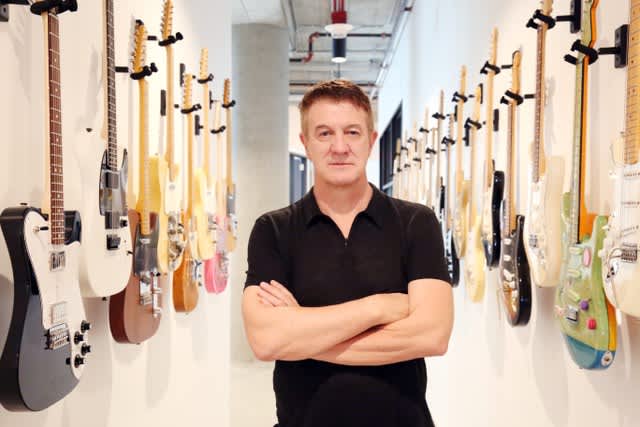
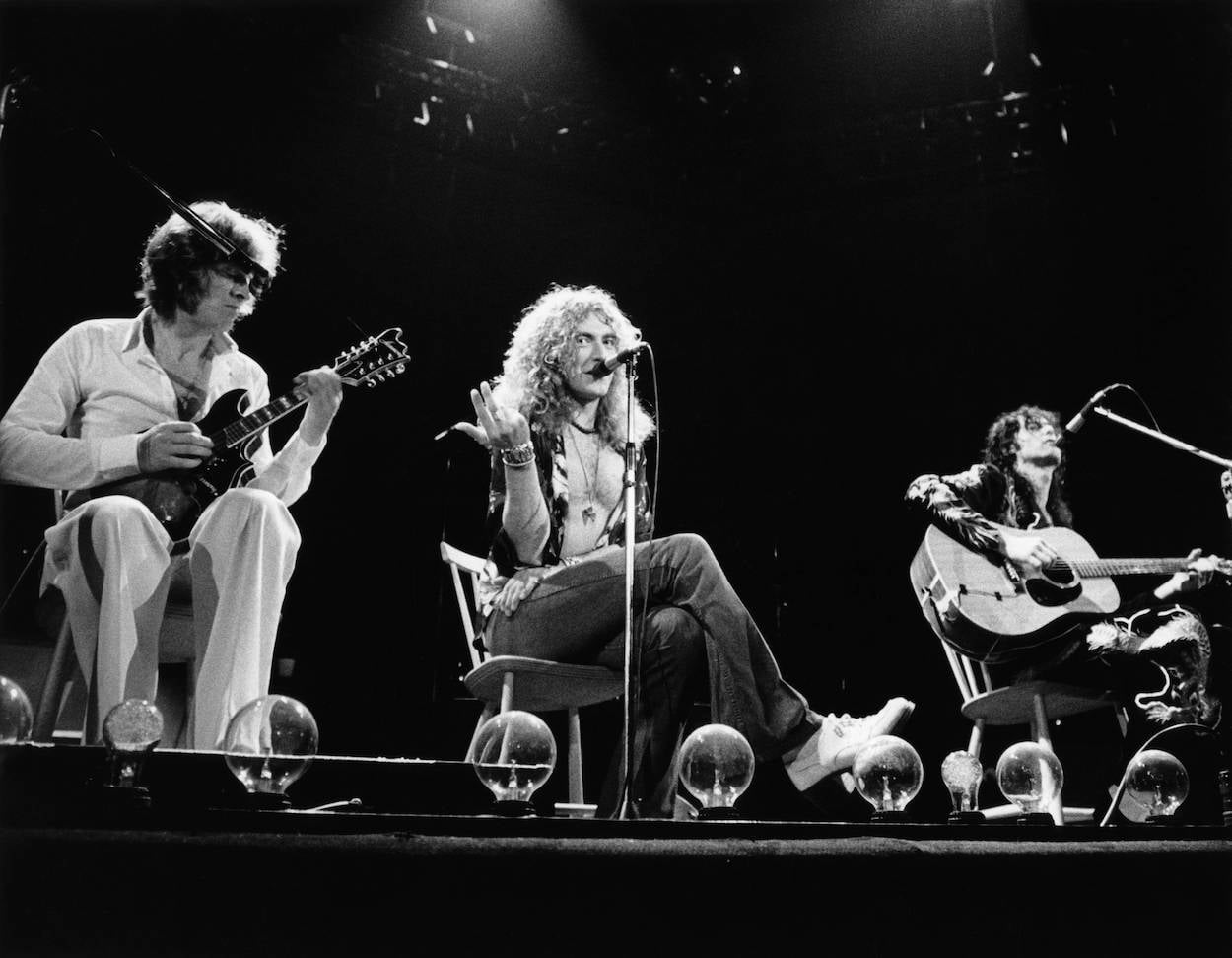
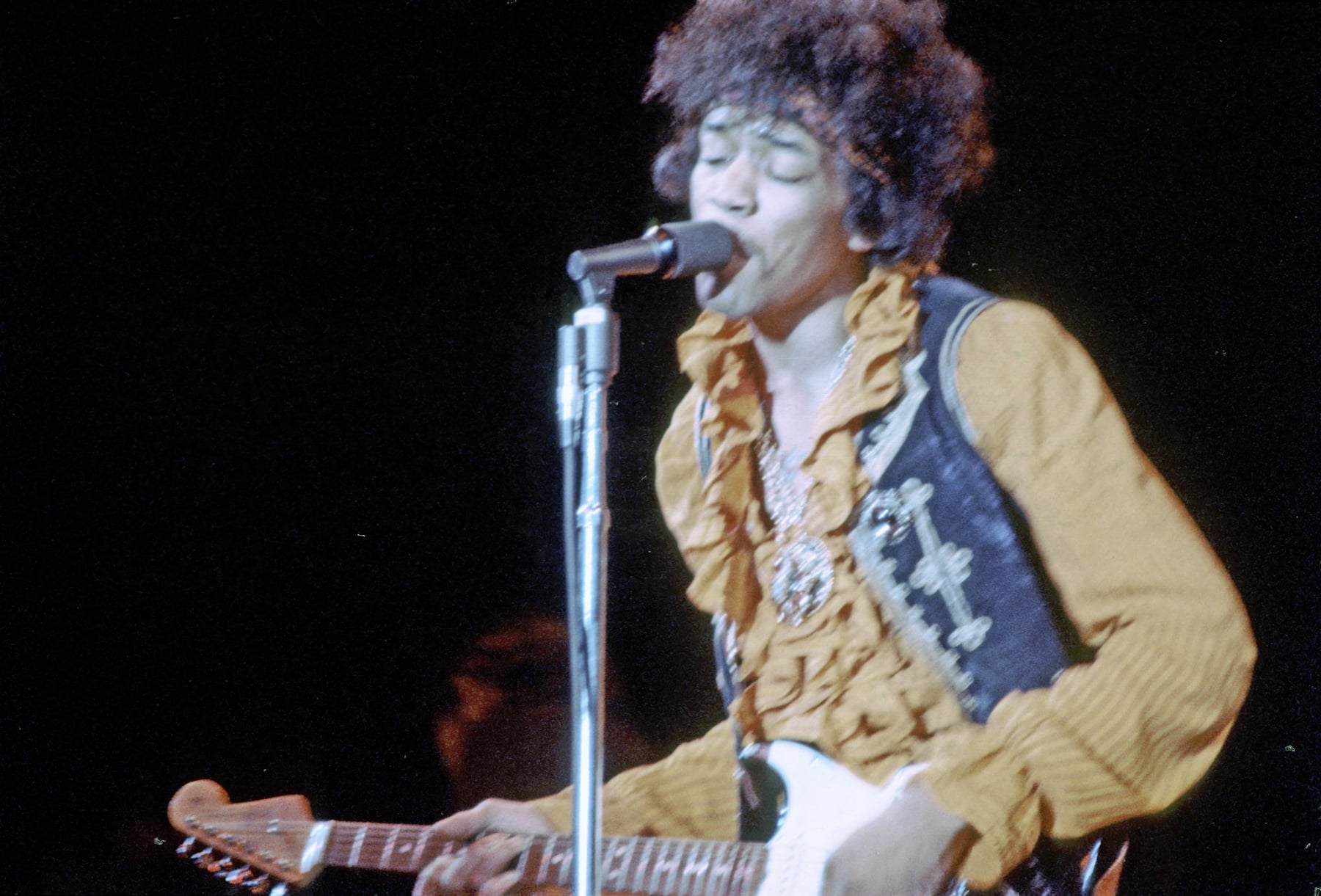
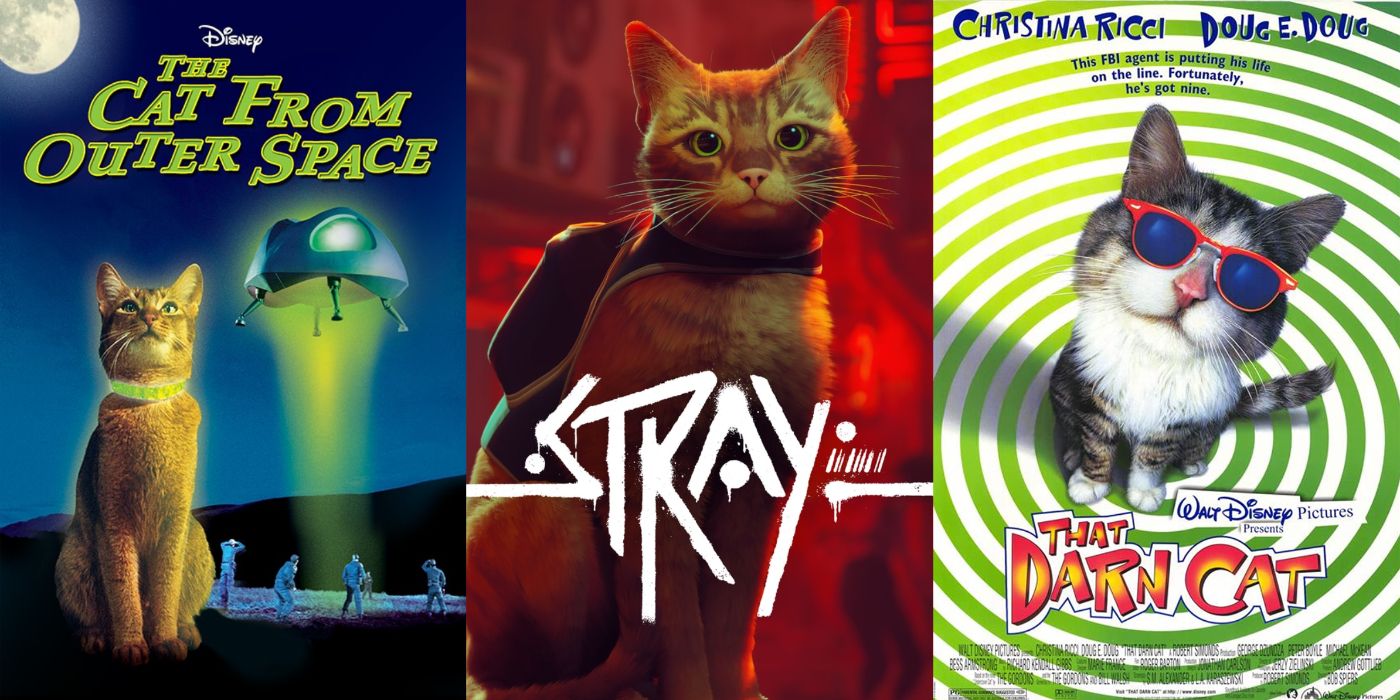


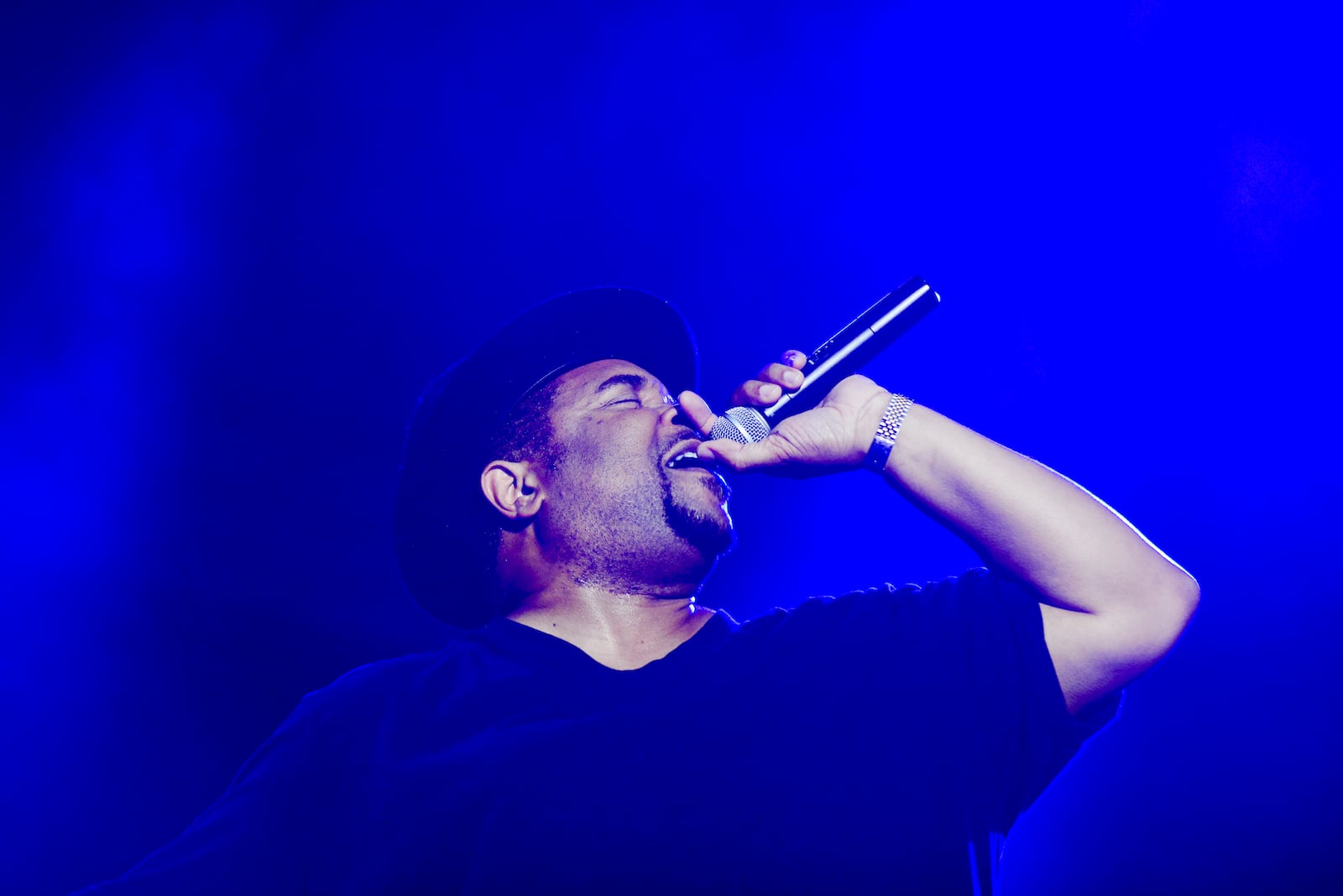
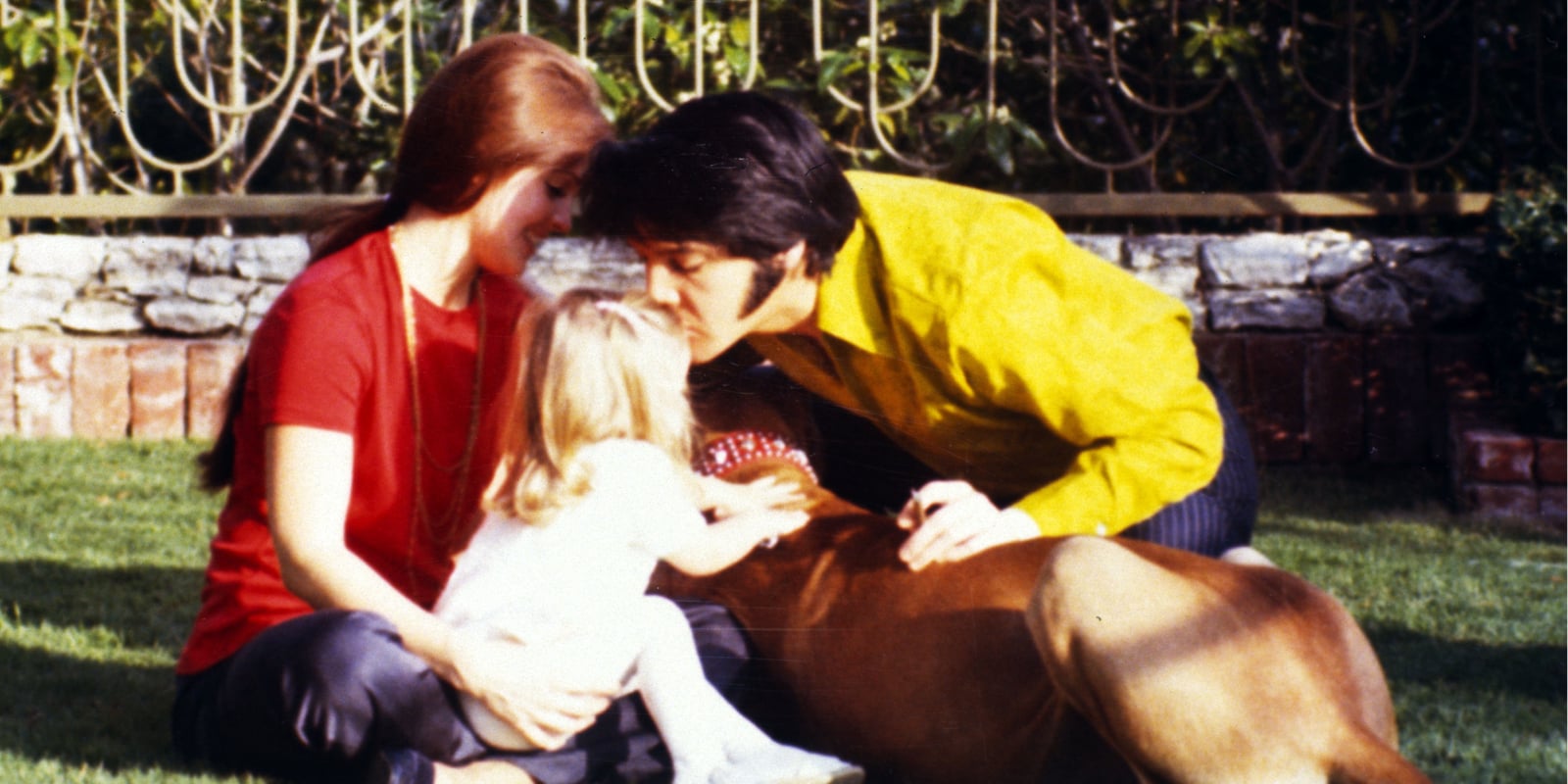
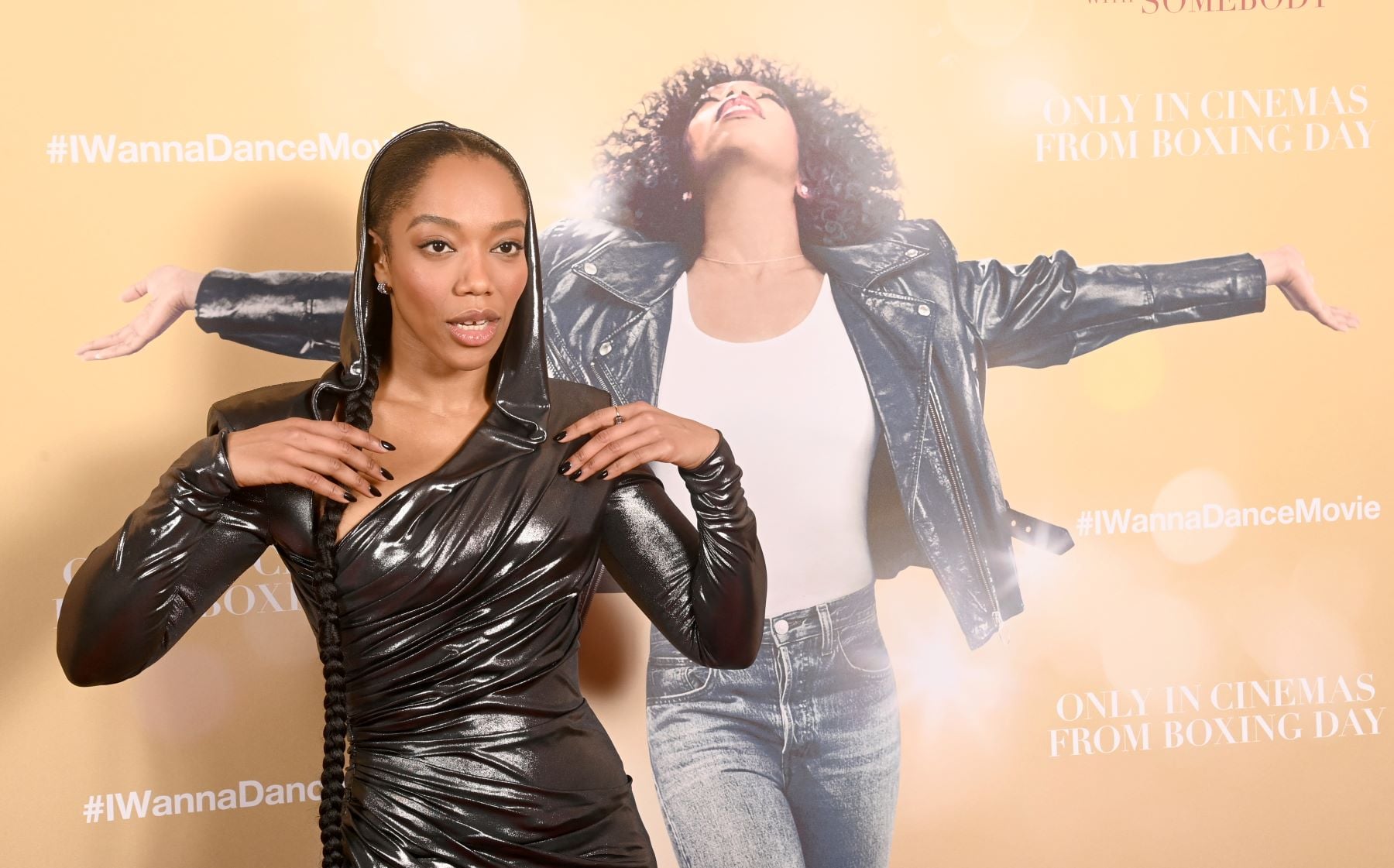
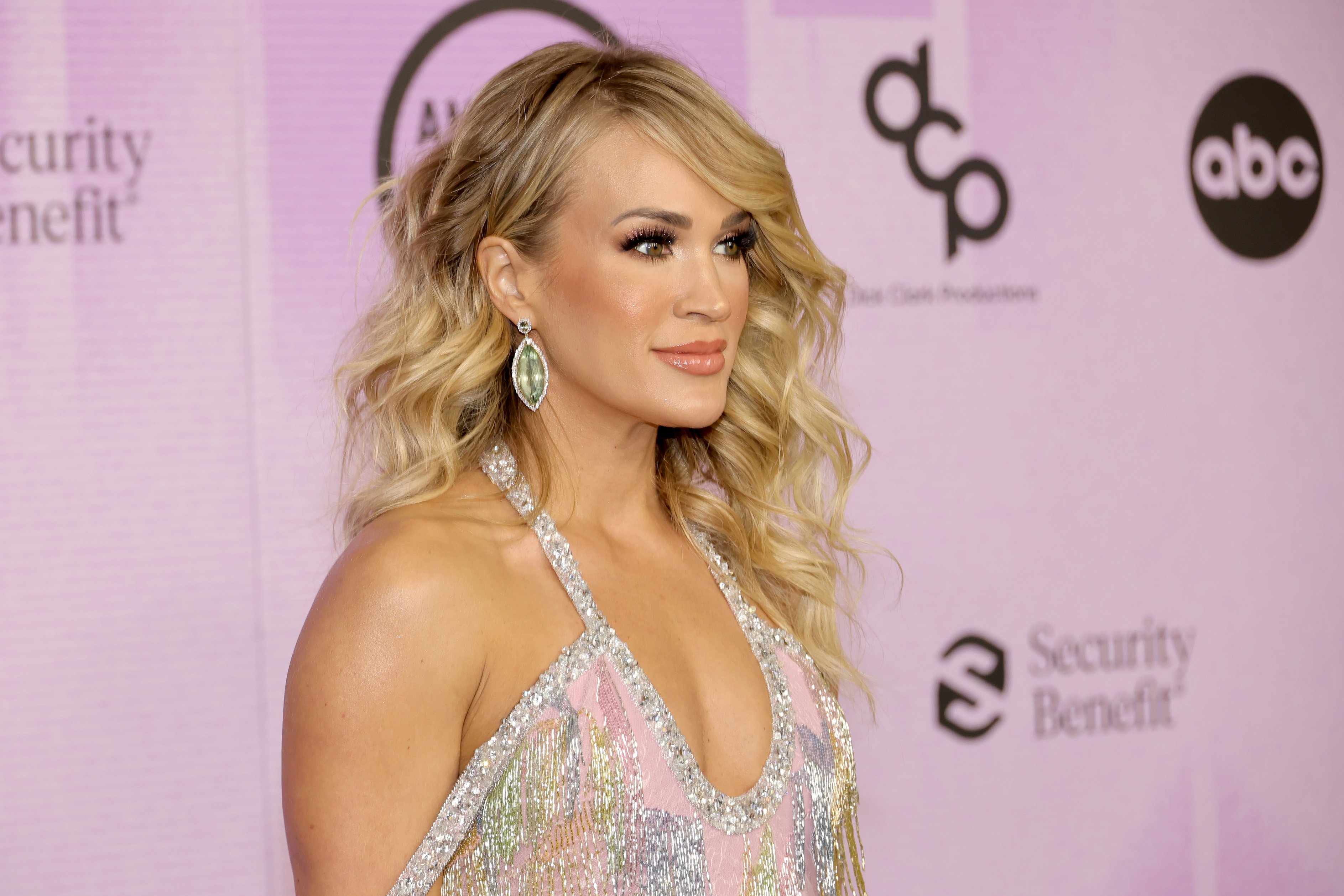
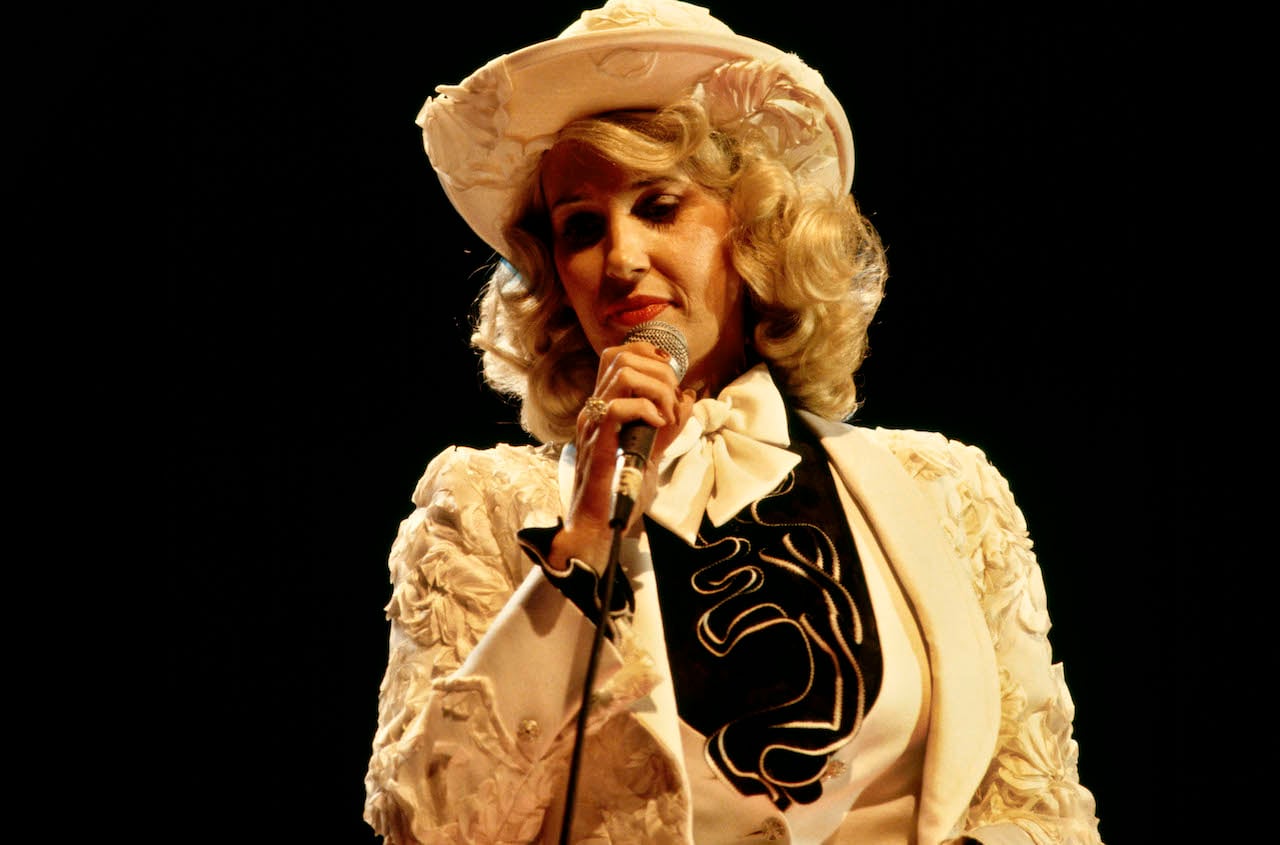
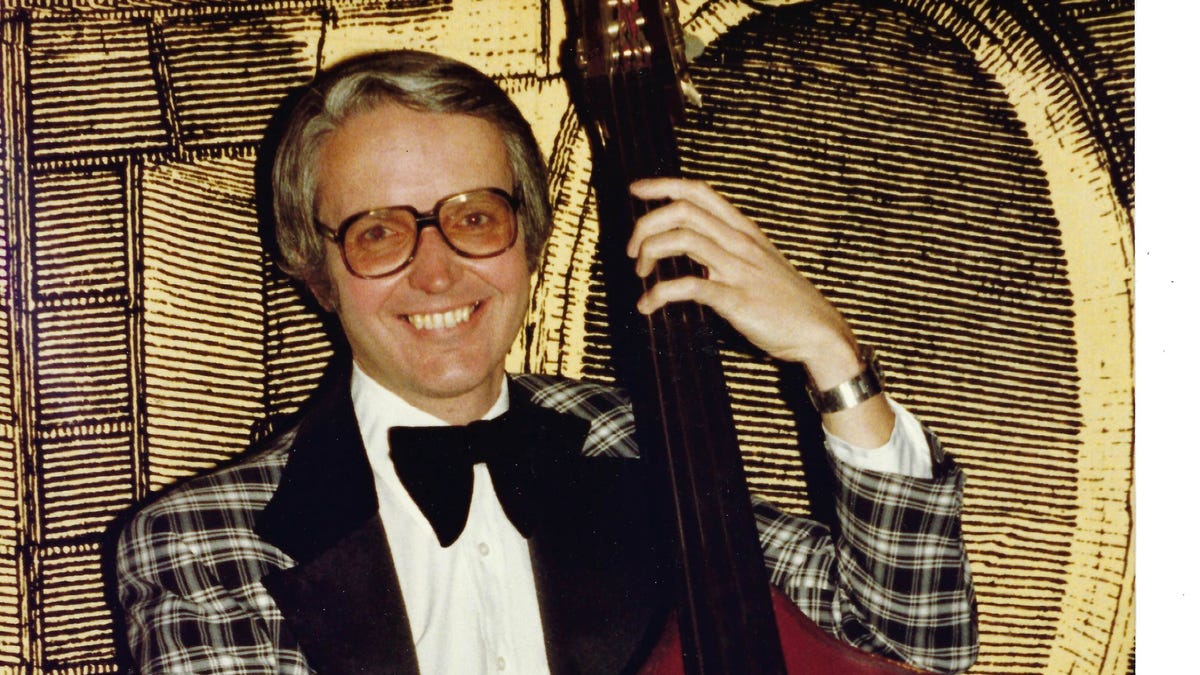
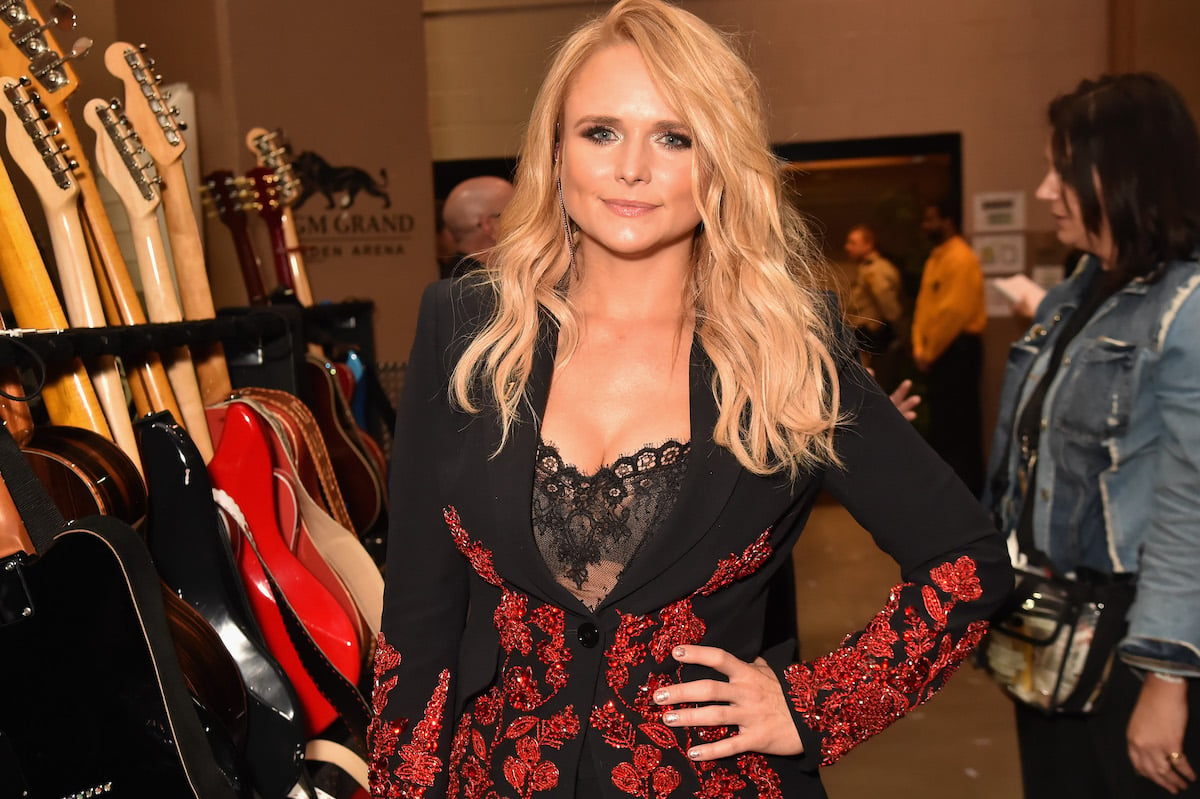

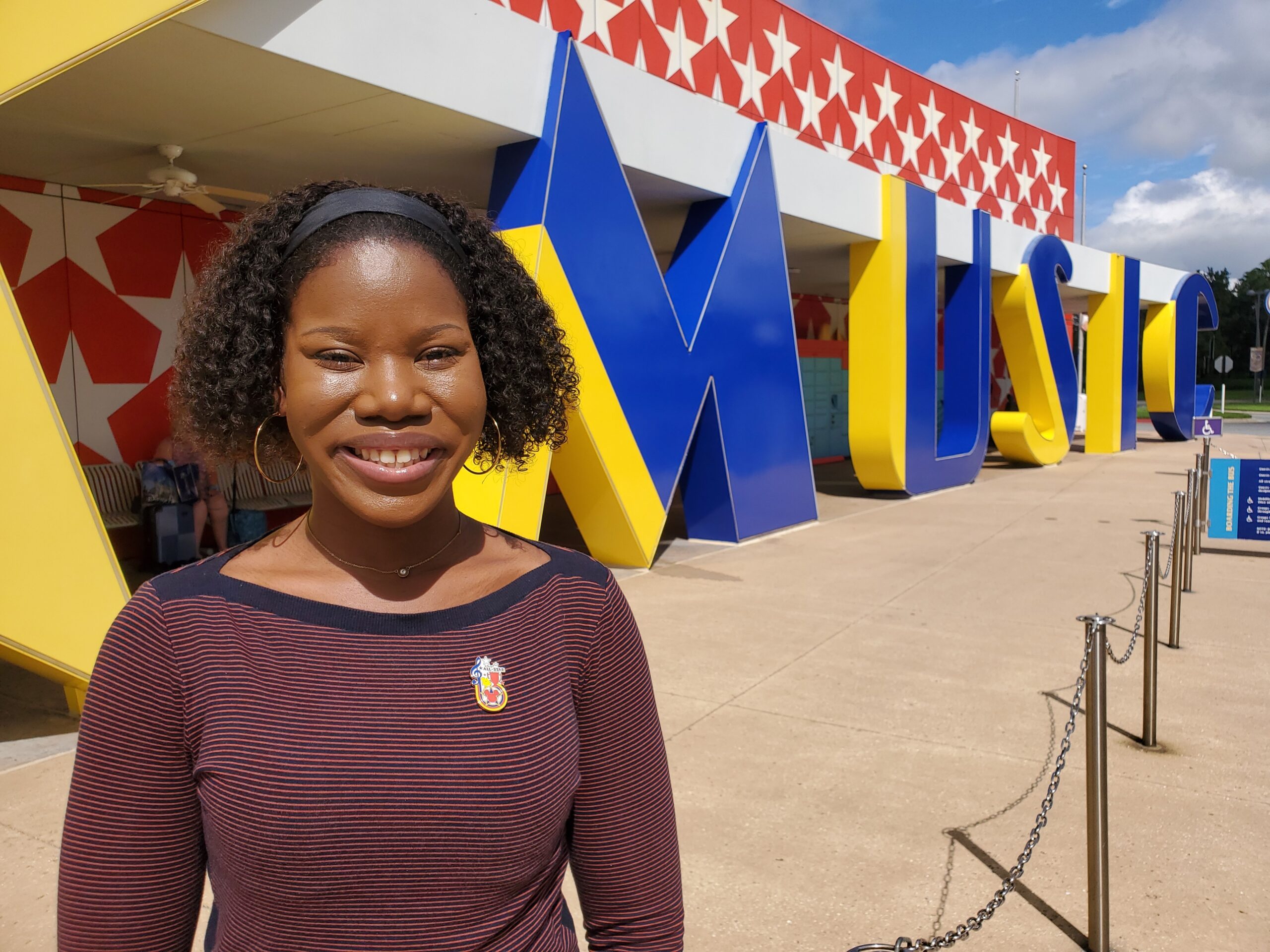
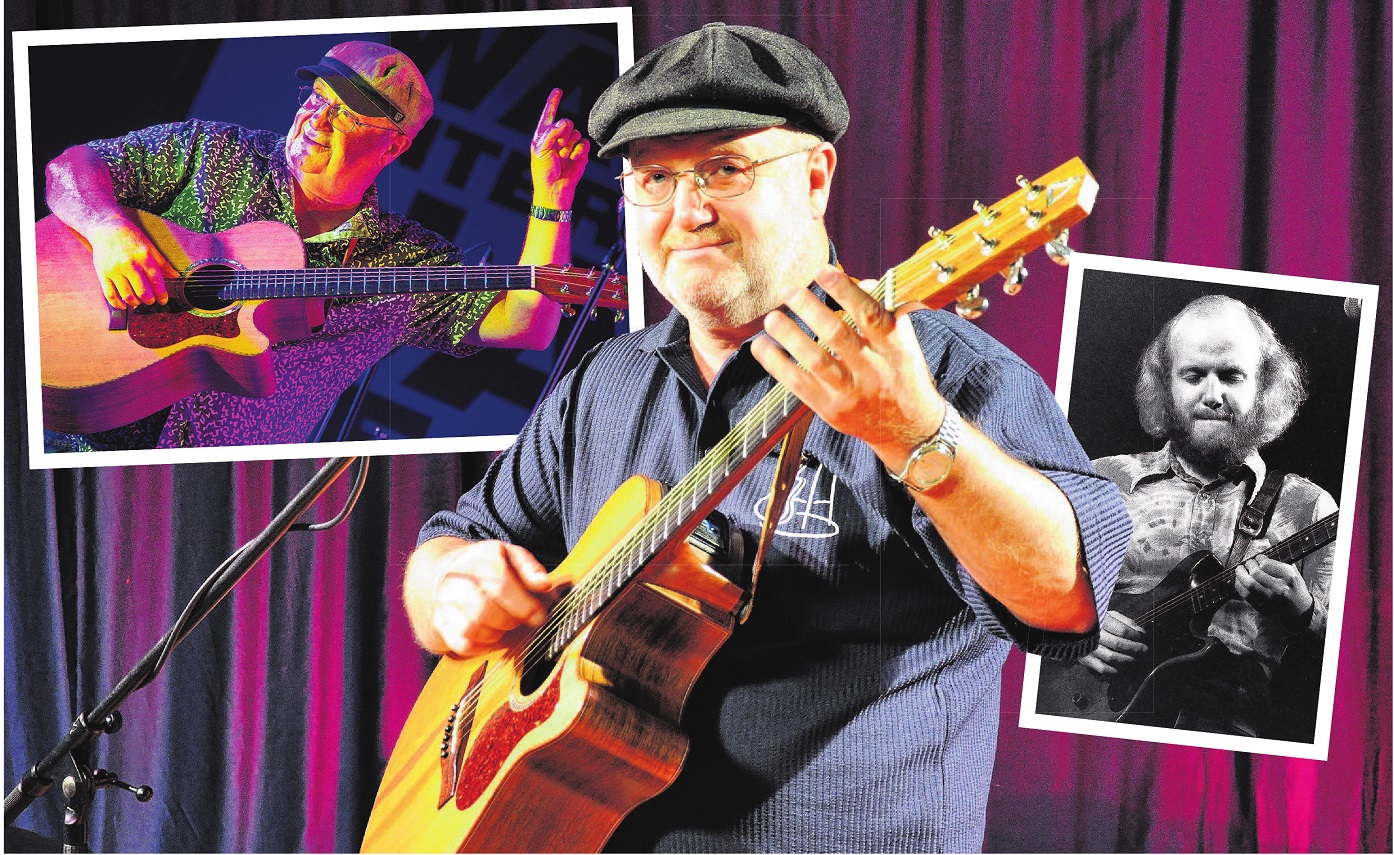

 English (US)
English (US)